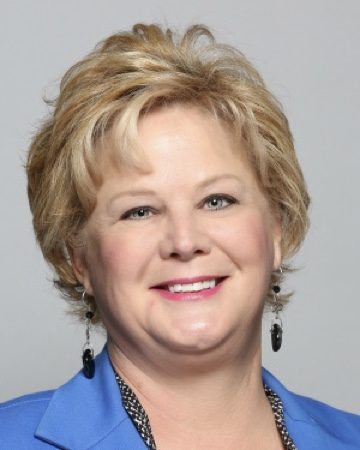
What is Telehealth?
Telehealth is the ability to communicate with your doctor either by video call, phone call, texting, email, and apps. Telehealth, also called telemedicine, has moved out of the doctor’s office and into retail stores, and onto our phones. Sixty-four percent of all U.S. adults own a smartphone. “Smartphones” do more than a home phone but slightly less than a computer. These small devices have transformed the way access care is paid for by insurance companies.
The Healthcare system uses electronic communications to get paid, to transfer patients, to share test results and health records moving us into a “paperless” system. Today patients and caregivers have access to healthcare using smartphones, online portals, and public places outside of medical centers.
Medicare and Medicaid use Telehealth
- Physicians to physician consultations and record reviews are now telehealth services paid by Medicare. This enables specialists to render opinions faster and without scheduling a patient appointment.
- Secondly, Medicare will pay for non-face-to-face services called “store and forward” commonly used to treat skin conditions and other images that a smartphone can capture and send on to a physician.
- Medicare also pays for online and smartphone virtual ‘check-in’ services enabling patients and caregivers to reduce the time spent playing phone tag or sitting on hold waiting for office staff to answer their questions.
- Other programs like Chronic Care Management enables a physician’s office to direct care on a patient’s many health issues and care coordination without scheduling an office visit. This new care model is a time-saver for everyone.
Chronic Health Conditions
Most Americans over age 65 live with 2 to 4 chronic medical conditions. Physicians agree that successful aging requires daily monitoring of your temperature, pulse, respirations, and blood pressure. In fact, daily checks for weight, blood pressure and blood sugar are the best practices for remaining healthy.



